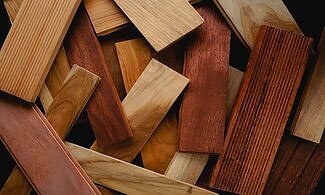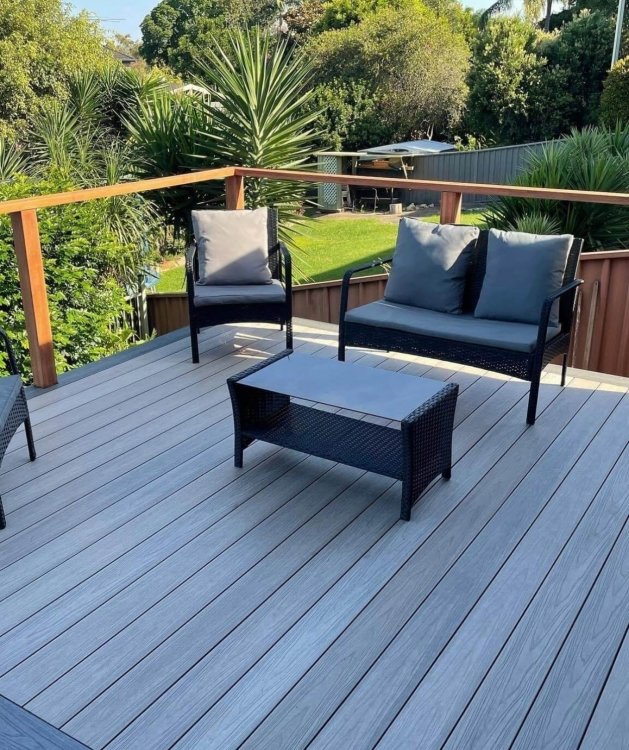FAQ / VIDEOS
Our FAQ section provides you with quick and comprehensive answers to common inquiries.
Home / FAQ
Find The Answers To Your Common Questions
Forest Flex strives to address any questions you may have to ensure a seamless flooring experience.
Check them out.
Is it possible to lay new flooring on top of my current one?
Yes, it’s often feasible to install new flooring over an existing floor, contingent upon the type and condition of both the current flooring and the new one you intend to install. However, several factors warrant consideration before proceeding. These include the transition in height between rooms, the condition of the current flooring, and the compatibility of the new flooring with the existing one.
For example, overlaying thin vinyl or laminate over a stable and level surface like hardwood can be relatively straightforward. However, if you plan to install ceramic tile or hardwood over existing flooring, it may necessitate additional preparation steps. It’s prudent to seek guidance from a flooring professional who can evaluate your specific circumstances and ensure that the new installation is executed correctly and safely.
What distinguishes SPC from WPC in vinyl plank or vinyl tile flooring?
The primary distinction between SPC (Stone Plastic Composite) and WPC (Wood Plastic Composite) in vinyl plank or tile flooring lies in their core composition. SPC flooring is crafted by combining limestone and stabilizers, resulting in an exceptionally robust core that is highly resistant to temperature fluctuations and impacts. This rigidity makes SPC flooring well-suited for areas subjected to heavy foot traffic or furnished with substantial items.
Conversely, WPC flooring utilizes a blend of wood (or another natural fiber) and plastic, providing a slightly softer feel underfoot. WPC floors are celebrated for their superior insulation and sound-absorbing properties, making them an ideal choice for creating quieter and warmer environments.
Understanding these differences can help you make an informed decision when selecting the most suitable flooring option for your space.
Is it possible to fix my vinyl and laminate floors?
Absolutely, repairing vinyl and laminate flooring is indeed feasible. Both materials offer flexibility in repair methods, contingent upon the nature and extent of the damage incurred.
For minor scratches and dents in vinyl flooring, repair kits or color-matched sealants are viable options to fill in and camouflage the imperfections. Similarly, laminate floors with minor scratches can be treated with repair kits. However, in cases of more substantial damage like warping or large chips, replacing individual planks may be necessary.
Adhering to the manufacturer’s guidelines for repairs is crucial to achieve optimal results and maintain the integrity of the flooring. By addressing issues promptly and employing appropriate repair techniques, you can restore the aesthetic appeal and functionality of your vinyl or laminate flooring with ease.
Is it possible to lay hardwood floors in my basement or any other below-ground areas?
Certainly! Here’s the content:
Installing hardwood flooring in your basement or any below-grade area is indeed possible, but it requires careful consideration. Traditional solid hardwood is typically not recommended for basements due to the heightened moisture levels and potential exposure to water. Such conditions can lead to issues like warping, swelling, or mold growth over time.
However, engineered hardwood presents a viable alternative for basement installations. Engineered hardwood is constructed in layers, offering better resistance to moisture and temperature fluctuations compared to solid hardwood. This makes it more suitable for below-grade environments where moisture levels may be higher.
Nevertheless, it’s essential to take precautionary measures such as installing proper moisture barriers to mitigate potential damage. Additionally, considering the overall environment of the space, including factors like humidity levels and the potential for water intrusion, is crucial in ensuring the longevity of the hardwood flooring.
For personalized guidance tailored to your specific basement conditions, consulting with a flooring professional is highly recommended. Their expertise can help you make informed decisions and ensure a successful hardwood flooring installation in your basement.






